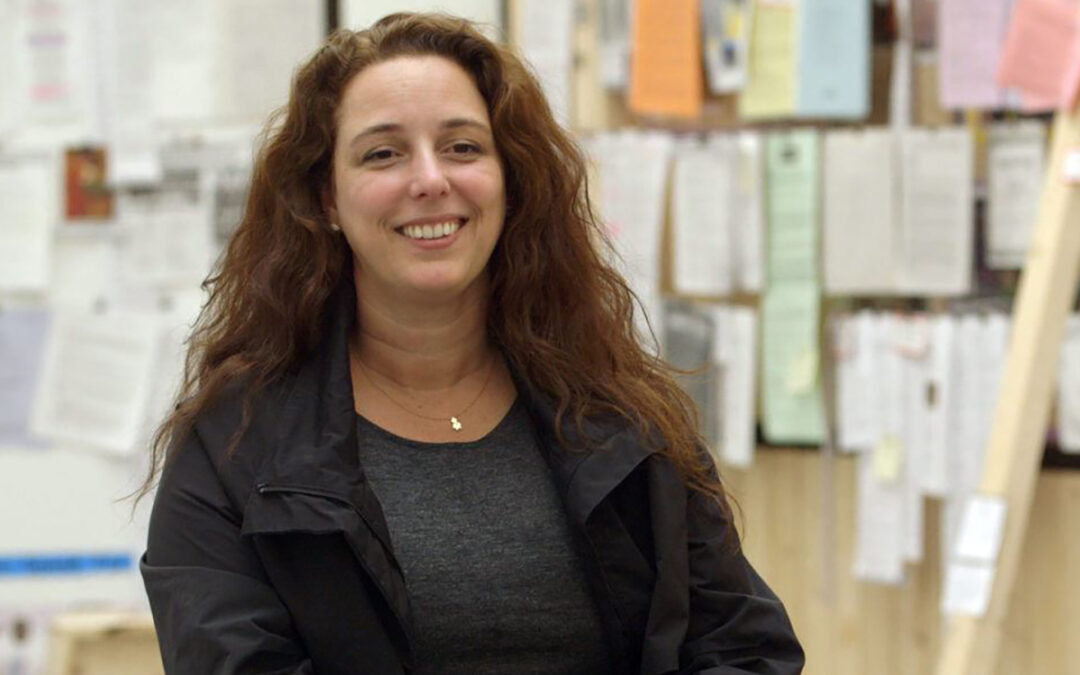Tania Bruguera
Performer, Visual Artist
Cuba
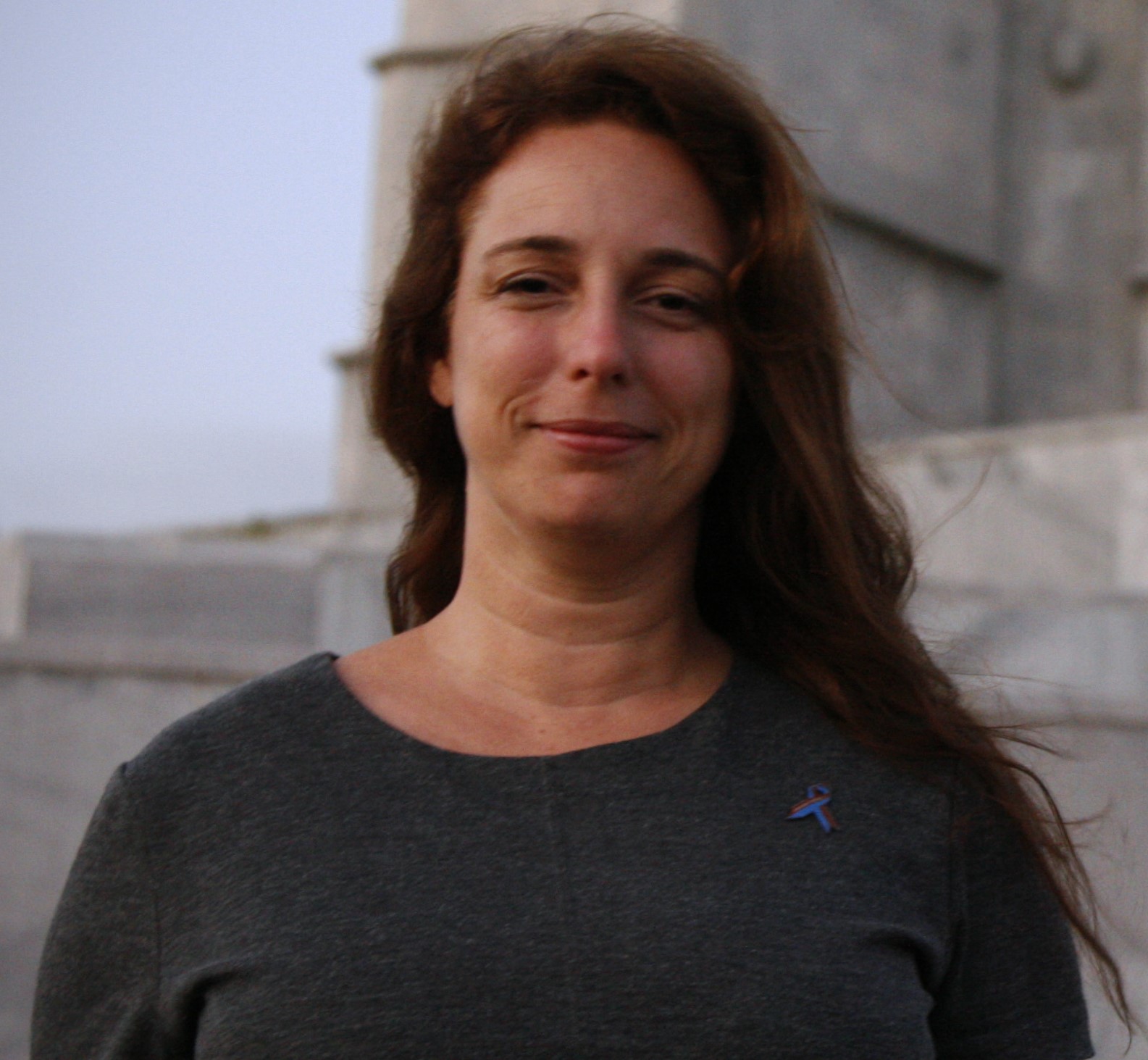
You enter a dark military vault. The cold rounded concrete walls frame the bodies of four nude male performers perched atop mounds of milled sugarcane. Between them, a video plays, depicting a smiling Fidel Castro, unbuttoning his military uniform to reveal his bare, unprotected chest. Suddenly, the lights shut off, leaving only you and the performers in complete darkness, with only a lingering sense of awe to remind you of what you have just witnessed.
Shown without permission at the 7th Havana Biennial, Cuban artist Tania Bruguera’s piece, Untitled (Havana, 2000), was essentially censored because of its implicit criticism of Fidel Castro’s regime. Bruguera’s projected video of Castro was not shown until the Biennial’s opening, which shocked the exhibition’s organizers and prompted them to shut off the power completely. Despite censorship and heavy critique in Cuba, Untitled (Havana, 2000) was later exhibited at the Museum of Modern Art and remains relevant today.
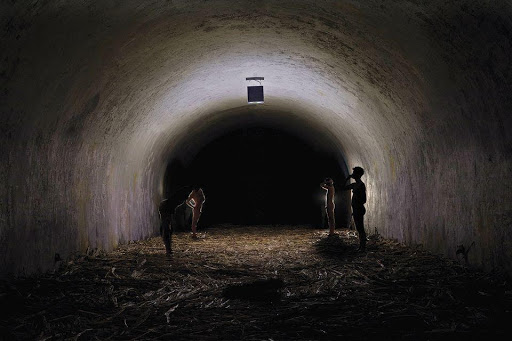
Photographs of Bruguera's piece titled, Untitled (Havana, 2000) from her website.
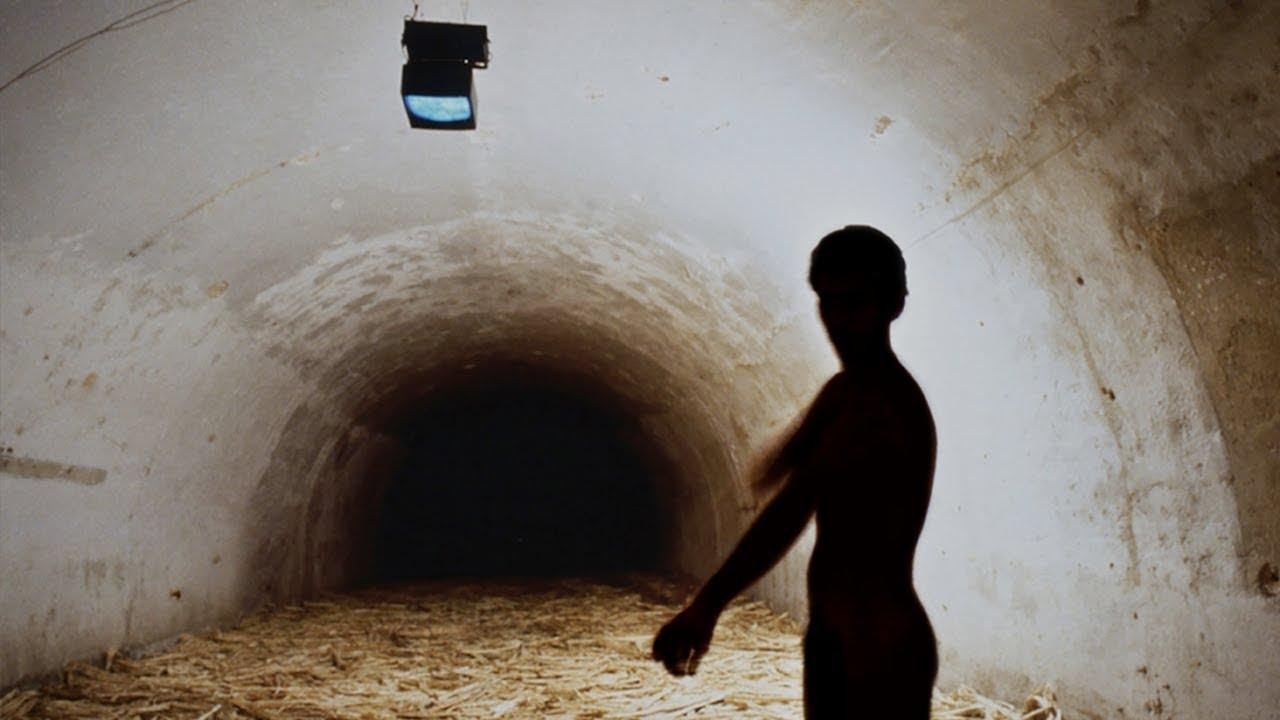
“I started thinking about appropriating the structure and the resources of power as my medium, as my material. Instead of representing them, I wanted to put them in action; that would be my work.”
— Tania Bruguera in an interview with Tom Finkelpearl
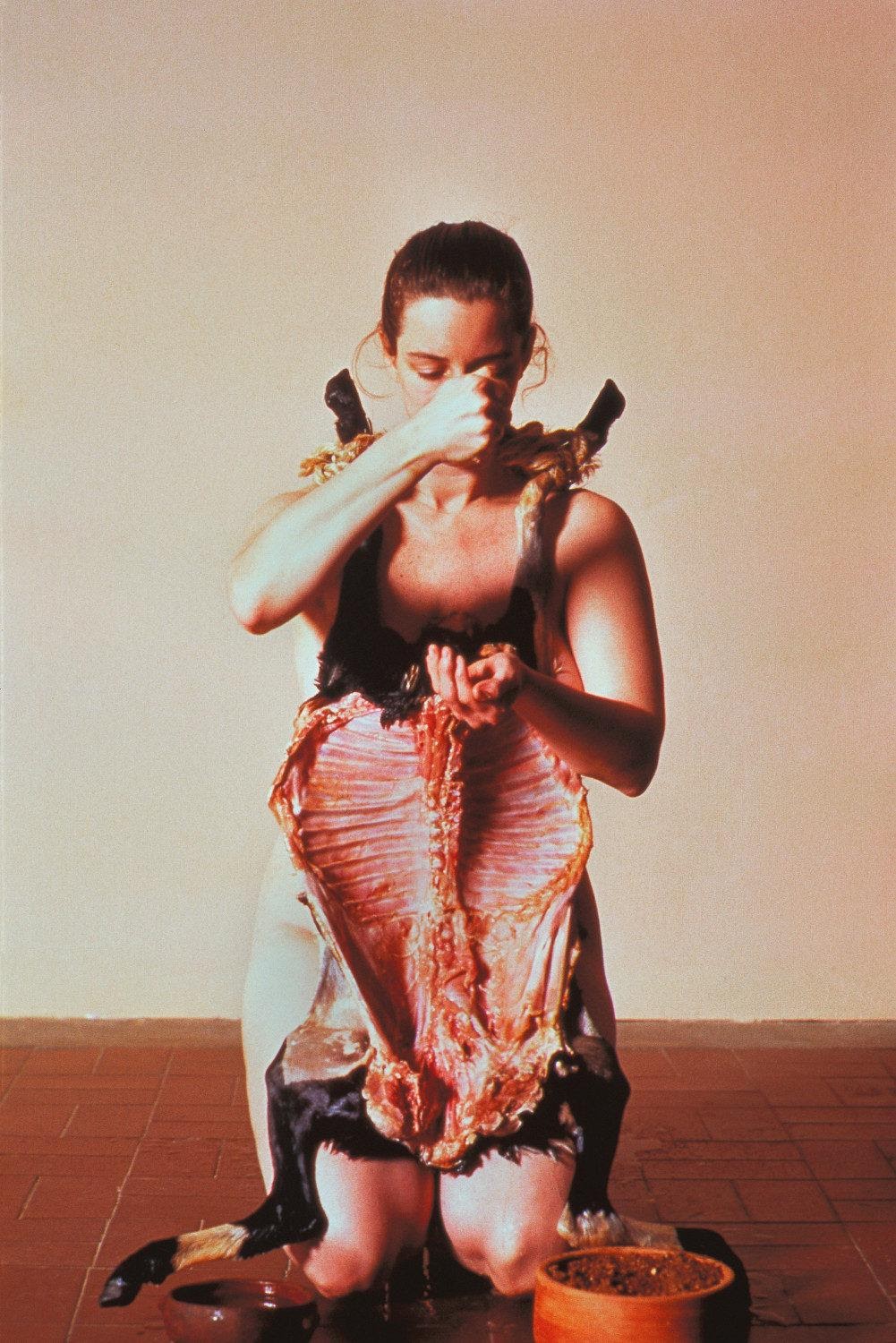
Photographs of Tania Bruguera during her performance piece, "Burden of Guilt". Unknown photographer
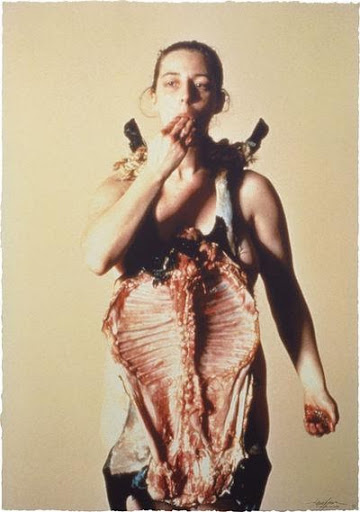
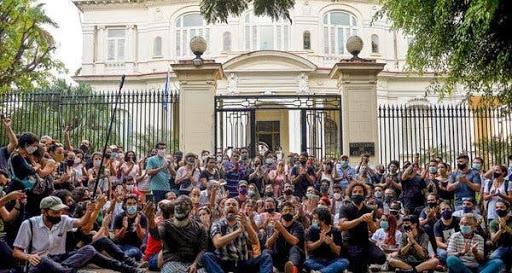
Protesters in front of the Ministry of Culture in Cuba.
Throughout her life, Tania Bruguera has been on the frontlines of political protest in Cuba, and in recent months, she has played a key role in movements defending artistic freedom. Following the unjust detention and sentencing of Cuban rapper Denis Solís González and consecutive arrests of other members of the dissident artist-led San Isidro Movement, Bruguera and other artists convened for a rare dialogue with officials from the Ministry of Culture. Soon after the meeting, Bruguera was arrested by plainclothes police and held overnight. This was not Bruguera’s first time facing police harassment or arbitrary detention. She has been arrested numerous times in the past five years for her work mobilizing artists and activists in defense of freedom of expression in Cuba.
Bruguera’s arrests are part of a larger trend of artist persecution in Cuba, particularly in the wake of Decree 349, a 2018 regulation that gives the Cuban government unchecked control over the cultural sphere. In March of 2019, ARC issued Art Under Pressure, a white paper documenting the increasing number of artists who are being harassed following the enactment of Decree 349 and raising awareness about threatened artists and the state of artistic freedom in Cuba. Many artists who, like Bruguera, defend the right to make and share dissident art have come together under the aegis of the 27N Movement, which has met harsh backlash from the government since its inception in November 2020.
Despite ongoing threats and harassment, including near-constant police surveillance, intimidation, kidnapping and mass arrests, and countless broken promises for reconciliation from the government, Bruguera has remained an undaunted leader, an international icon at the vanguard of her country’s unflagging fight for the right to express themselves freely and without fear of reprisal. She is a member of ARC’s advisory committee, and ARC is honored to regularly work with her on initiatives and cases related to artistic freedom in Cuba. She was a key conceiver of ARC’s Safety Guide for Artists and shared her story in an in-depth interview for the guide.
By Piper Morrison, April 2021. Piper is currently pursuing a B.A. at Oberlin College, concentrating on American Studies and Arts Management.






